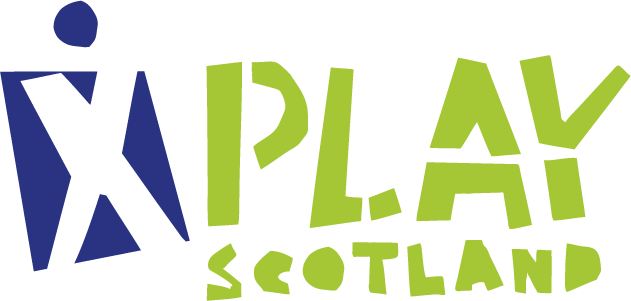Is your child getting enough ‘free play’?
Child-led free play – the unstructured time during which children can act out their fantasies, create their own rules, and explore the world at their own pace – profoundly benefits their early development.
As parents or teachers, we want to ensure that our children grow into happy and successful adults. Feeling anxious to make this happens, too often we are feeling pressured to fill their school days with classes and their after school time with ‘enrichment’ activities.
While extra academics, arts and athletics can bring value, the danger is children losing out on free play; that is, the unstructured time where they choose for themselves how to play.
Overwhelmingly, research into childhood development is showing how self-directed play is vital. It supports the healthy growth of children both emotionally, cognitively, socially and physically.
Here is an extensive list of evidence-based benefits that children get from free play:

To learn more about these benefits, read this article.
Not all play is equal
Self-directed free play has some essential features which make it so positive and separate it from organised activity and passive entertainment (eg screen time).
1) Children lead and make their own decisions
When children have the freedom to make their own rules and choose how and what they play with, they learn about the very process of decision making and consequences.
We can support them by providing open-ended materials and loose parts. These offer endless possibilities and children get to choose what objects and will become and how they will use them.
2) Children become immersed in their play
Most of us can remember times when we played until the sun went down. True play is something children can lose themselves in. It is free from unnecessary interruption and without the external input from adults or digital media. When children are given space and time to play by themselves, they get immersed in their fantasy role play or exploration of the world around them.
3) Play is spontaneous
In free play, children act impulsively and creatively. Within a moment, the narrative or game suddenly changes. Children are adaptable and this type of non-scripted play allows them to be flexible in their thinking and negotiate the journey with their peers.
4) Play is fun
An organised activity may externally look like play, but if a child is not having fun, then it can’t truly be called play. Fun is in the very essence of play. It is something children are drawn to as a fundamental need, just as important to them as food or sleep.
With so much positive research available in the field of child development, perhaps it is time to prioritise play both at school and at home.




